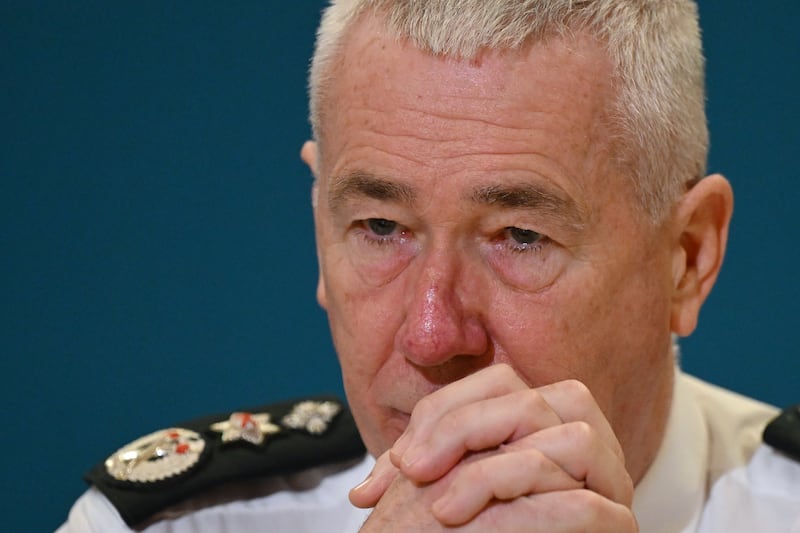Twenty years is a long time and for many the terrible events of September 11th, 2001, have become part of the background noise of history. But for those who lived through them, the terrorist attacks on the Twin Towers will never stop being part of their daily lived experience.
That sense of a trauma that will never go away, of scars that are impossible to heal, is powerfully conveyed in Surviving 9/11 (BBC Two, Monday). The 90-minute film never outstays its welcome as it revisits those whose lives were changed forever when two hijacked airliners were flown into the World Trade Centre one bright and cloudless New York morning.
We meet Vanessa Lawrence, the English-born artist in residence at the World Trade Centre. She had popped out of her studio, on the 91st floor, minutes before the first plane hit.
“If I hadn’t gone down to the lobby, I would have seen the plane coming right towards me,” she says. “It was right at that window. It would all have happened so quickly.”
Film-maker Arthur Cary also visits Malcolm and Matt Campbell, an English father and son who lost their son and sibling, Geoff. He was a Reuters employee attending an event at the Windows on the World restaurant the morning of the attacks.

They are bound together in their grief. But their coping methods are very different. Malcolm makes a pilgrimage every year to Snowdonia – where he was when he learned his son had died. Matt has, by contrast, gone down the rabbit hole and suggests the towers may have been deliberately detonated in order to set in motion the US invasion of Afghanistan.
The day is also catalysed in the memory of Bill Spade, a New York firefighter who lost many colleagues in the World Trade Centre.

“There were body parts everywhere, just thrown about the street,” he says “At first I tried to drive around them. It was just impossible, and I remember saying a prayer, ‘Please forgive me.’
Vanessa Lawrence left America and moved back to Britain. Across the years she has painstakingly recreated a landscape painting of her perspective looking out on New York from her 91st-storey studio. It’s a view that no longer exists - but which is seared into her mind.
“It’s almost got worse… over time,” she says. “I go into a mode of completely irrational thinking. This fear and this panic comes over me: knowing, just like that, something can happen. There always is that question: why did I make it out, why did I escape? It’s become a huge part of who I am.”



















